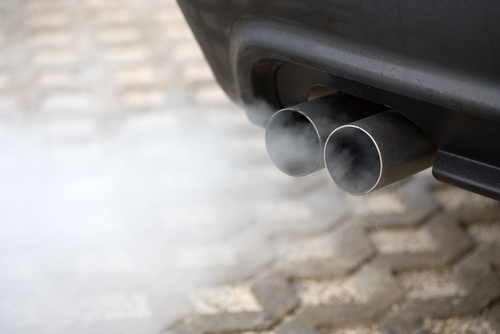Project ACCRA trials real time control of city vehicle emissions

Cenex and Leeds City Council have jointly launched project ACCRA, which will explore Smart City technology applications that demonstrate real-time emissions control. This uses live air quality data to trigger electric hybrid engines to automatically switch to zero-emission running in heavily polluted areas.
The project will be demonstrated in Leeds and aims to offer cities a way to reduce urban air pollution without additional charges to motorists or businesses.
The project is a collaboration between Leeds City Council, Cenex, the Transport Systems Catapult, Earthsense, Dynniq, and Tevva Motors Ltd.
Intelligent mobility firm Transport Systems Catapult will collaborate to capture real-time air quality readings that will trigger hybrid electric engines to switch automatically to zero-emission running. Known as active geofencing, the technology concept will be tested on a hybrid vehicle interface developed by Tevva Motors Ltd.
Transportation network systems developer Dynniq will develop a decision-making engine capable of taking inputs from a range of city data, such as live air quality information and real-time traffic conditions. EarthSense will be responsible for monitoring and uploading updated local air quality levels to the interface, which will be used to trigger on-demand zero-emissions running instructions in the participating Tevva vehicles.
Cenex and the Transport Systems Catapult will evaluate the system in hopes of using the technology more widely in Leeds and potential UK Clean Air Zones.
Steve Carroll, Head of Transport, Cenex said, “Local air quality is a persistent and growing problem in urban centres across the UK and globally. Using real-time air quality data to automatically instruct vehicles driving into high pollution areas to switch to zero-emissions driving, has the potential to transform urban transportation regulation and save thousands of lives.”
Councillor Lucinda Yeadon, Leeds City Council executive board member with responsibility for environment and sustainability, said: “It is great to be supporting this innovative new technology, and looking at how we can best implement it in the city to help reduce air pollution. Improving air quality in Leeds is a huge priority for the council, and we are looking at a number of different initiatives to address the issue.”



